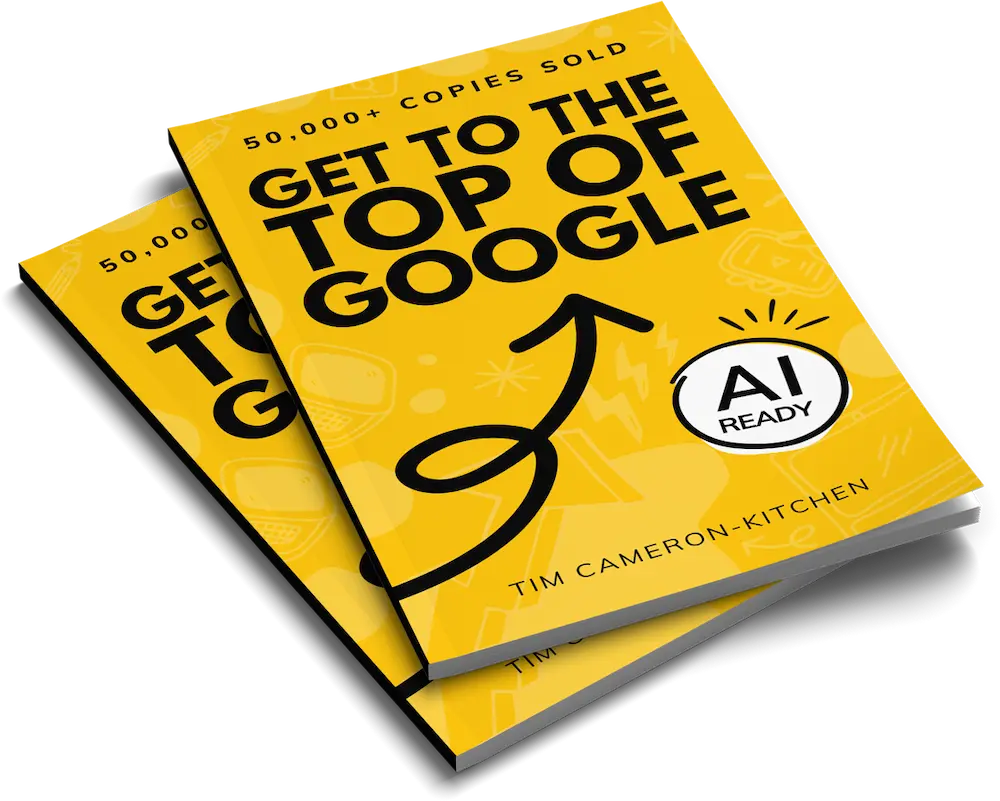
Get Weekly Marketing Tips
Join 30,000+ marketers and get the best marketing tips every week in your inbox
In this episode of The Dojo, the team at Thinkplus dives into some of the most important digital marketing topics on the horizon — from the drama surrounding WordPress to the rise of Generative Engine Optimisation (GEO). Plus, a powerful conversation about the role of social media in mental health awareness. Let’s get into it.
The WordPress Drama You Need to Know About
Let’s start with some industry drama. WordPress, which powers 40% of the internet and is the backbone for many business websites, is in the middle of a public spat between Automatic (the parent company) and WP Engine (a major hosting platform).
Here’s what’s happening:
- Matt Mullenweg, founder of Automatic, criticised WP Engine for contributing very little to the open-source WordPress community. He even went as far as calling their product “a cancer.”
- In retaliation, WP Engine sued, and 159 Automatic employees left the company in protest.
While this might seem like gossip, it has real implications for businesses. WordPress has been a stable platform for years, but the situation raises questions about its long-term reliability.
Why you should care:
If you’re a marketer or business owner relying on WordPress, keep an eye on this. Should more instability arise, having a contingency plan for your website is crucial. While it’s not time to panic, it’s smart to stay informed and think about your options if the situation worsens.
The Future of Search: What is Generative Search Optimisation (GEO)?
The term Generative Search Optimisation (GEO) might be new to you, but it’s about to be a big deal. As more people turn to AI-driven tools like ChatGPT, Perplexity, and Claude to answer their questions, businesses need to start thinking beyond traditional SEO.
What is GEO?
GEO is the process of optimising your content for these AI-driven search tools. Instead of just aiming to rank on Google, you now need to consider how your business shows up in AI-generated answers.
Here’s why it matters:
- Personalised search results: AI tools don’t just give the same answers to everyone. Instead, they generate personalised responses based on the user’s preferences and history.
- Limited tracking: Unlike Google SEO, where you can track your rankings, GEO is harder to measure. AI-generated responses are dynamic, which means every answer can be different.
Actionable Takeaways for Marketers:
- Focus on quality content. AI loves comprehensive, well-researched information. Make sure your content is genuinely useful and relevant to your audience.
- Diversify your content formats. Video, blogs, podcasts—cover all your bases to reach a wider audience and appear in various search formats.
- Experiment and track results. While GEO is hard to measure, you can still monitor overall traffic and engagement. Keep testing different approaches.
This shift in search may be in its early stages, but it’s one to watch closely. GEO could reshape the way we optimise content for AI tools, so start adapting your strategy now.
Social Media and Mental Health: A Double-Edged Sword
Next up, special guest Nina Piotrowska shared her insights into how social media has evolved into a powerful tool for mental health awareness, but also a potential risk. Social media is no longer just a place to broadcast content—it’s a community hub where people share personal stories, find support, and spread awareness.
Nina has worked closely with mental health organisations like Mind and Young Minds, who have used platforms like TikTok and Instagram to engage with younger audiences. She highlights how user-generated content (UGC) has changed the way we talk about mental health. Instead of experts pushing information top-down, people are sharing their own experiences in a way that feels authentic and relatable.
However, there’s a flip side:
- Information overload: While platforms like TikTok can spread awareness, they can also fuel anxiety and misinformation, especially for those struggling with mental health issues.
- Echo chambers: Algorithms often feed users more of the same content, which can create echo chambers, amplifying fears or false information.
How marketers can approach this:
If your brand touches on sensitive issues like mental health, it’s essential to focus on authenticity. People crave real stories, not corporate jargon. Engage with your audience in a way that makes them feel heard, supported, and part of a community.
Preparing for the AI-Driven Future
The biggest takeaway from this episode is clear: AI is changing the game. Whether it’s search or social media, the way people find and consume information is evolving fast.
Here’s what you can do now:
- Stay flexible: The landscape is shifting rapidly, and it’s vital to build flexibility into your marketing plans. While AI search is still growing, now is the time to prepare.
- Focus on user experience: No matter the platform—Google, AI, or social media—content that provides genuine value will always perform well. Focus on creating helpful, relevant content that speaks directly to your target audience.
- Don’t wait for certainty: With GEO and AI in their early stages, don’t wait for a perfect strategy. Experiment, test, and iterate based on what’s working right now.
Final Thoughts
This episode shows just how fast the marketing world is changing—from WordPress instability to the rise of AI-driven search and the increasing power of social media. Staying ahead means adapting to these changes, even if they’re not fully understood yet.
If you’re feeling overwhelmed by these shifts, Thinkplus can help. Head over to exposureninja.com/review to get a free marketing review and learn how to prepare your business for the future of SEO, GEO, and beyond.
Adapt, evolve, and keep your audience at the centre of everything you do.




















